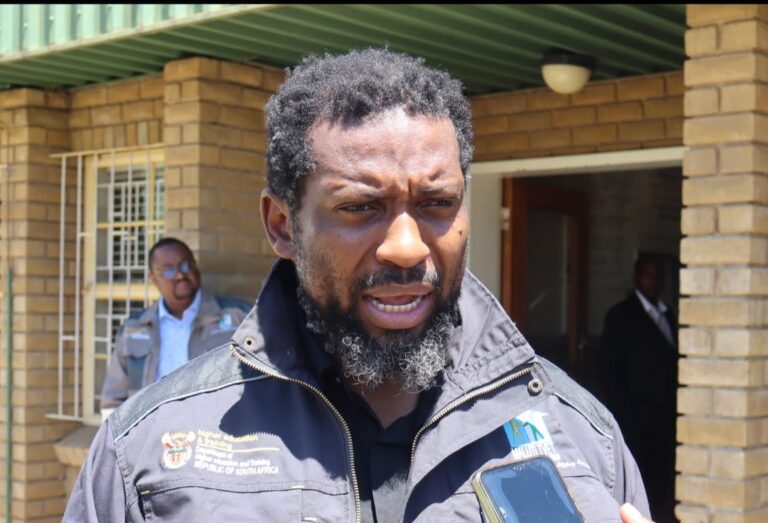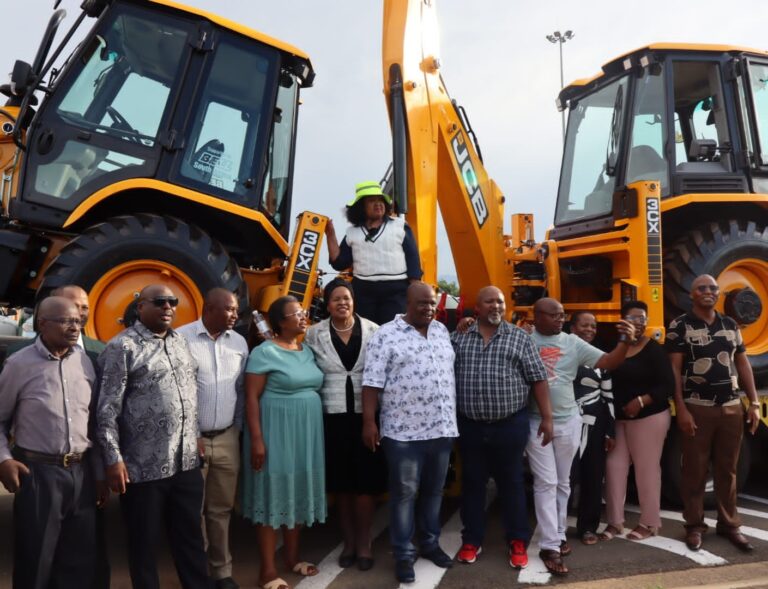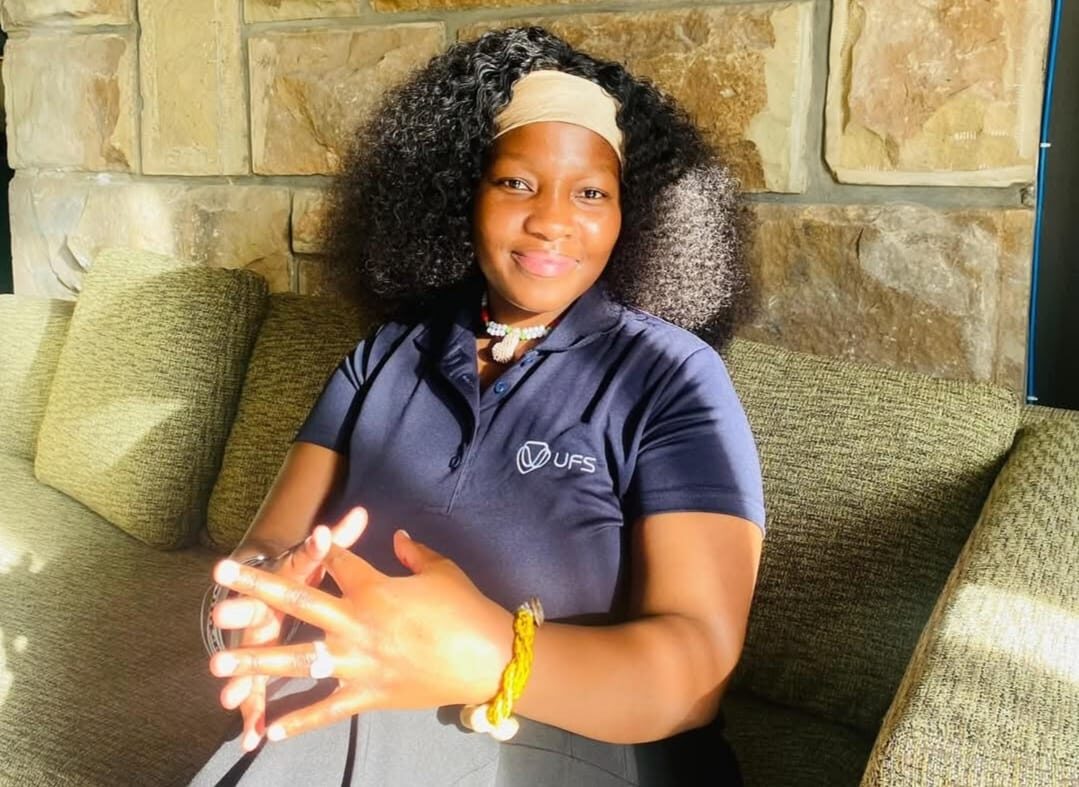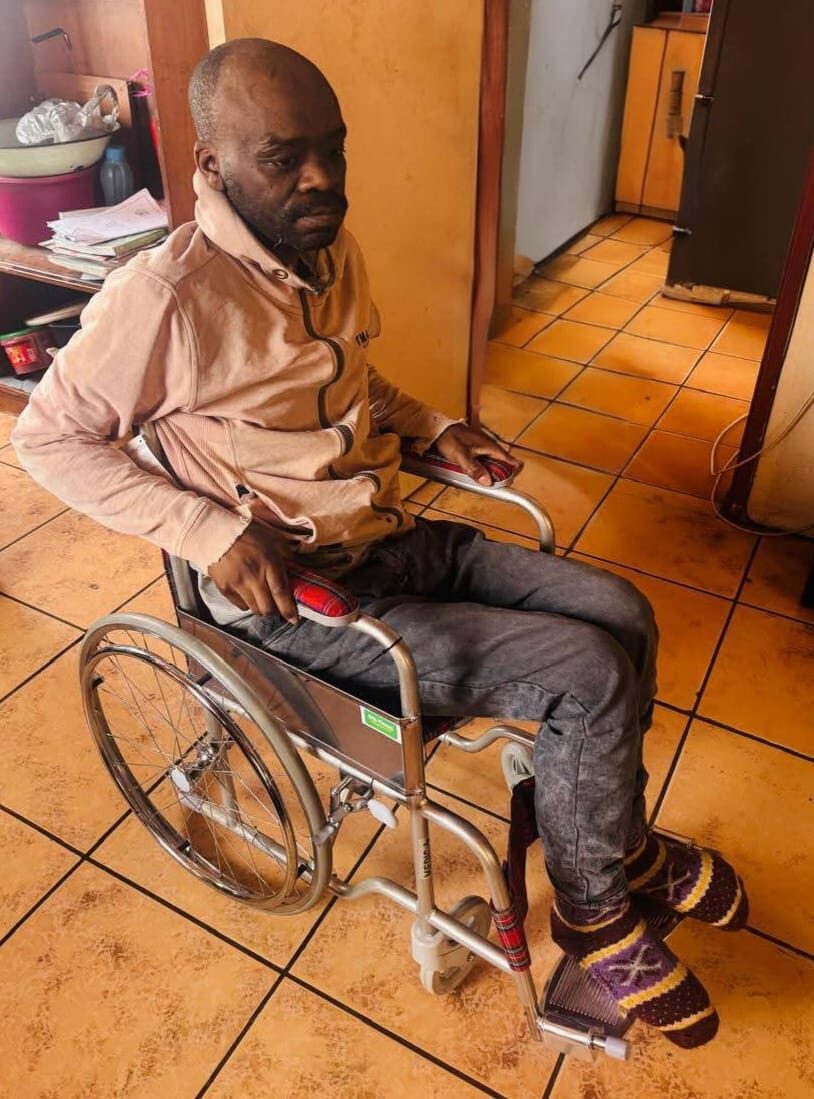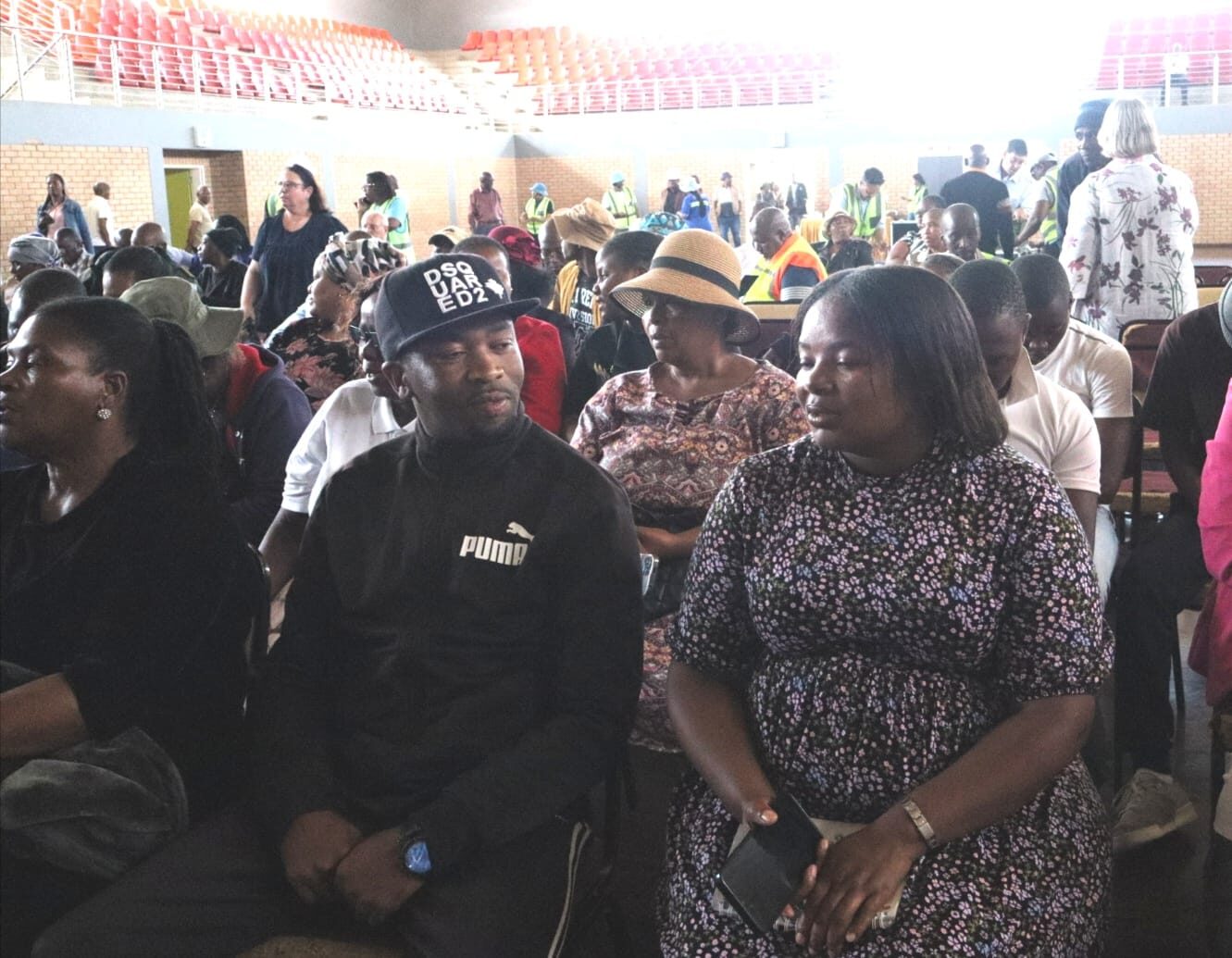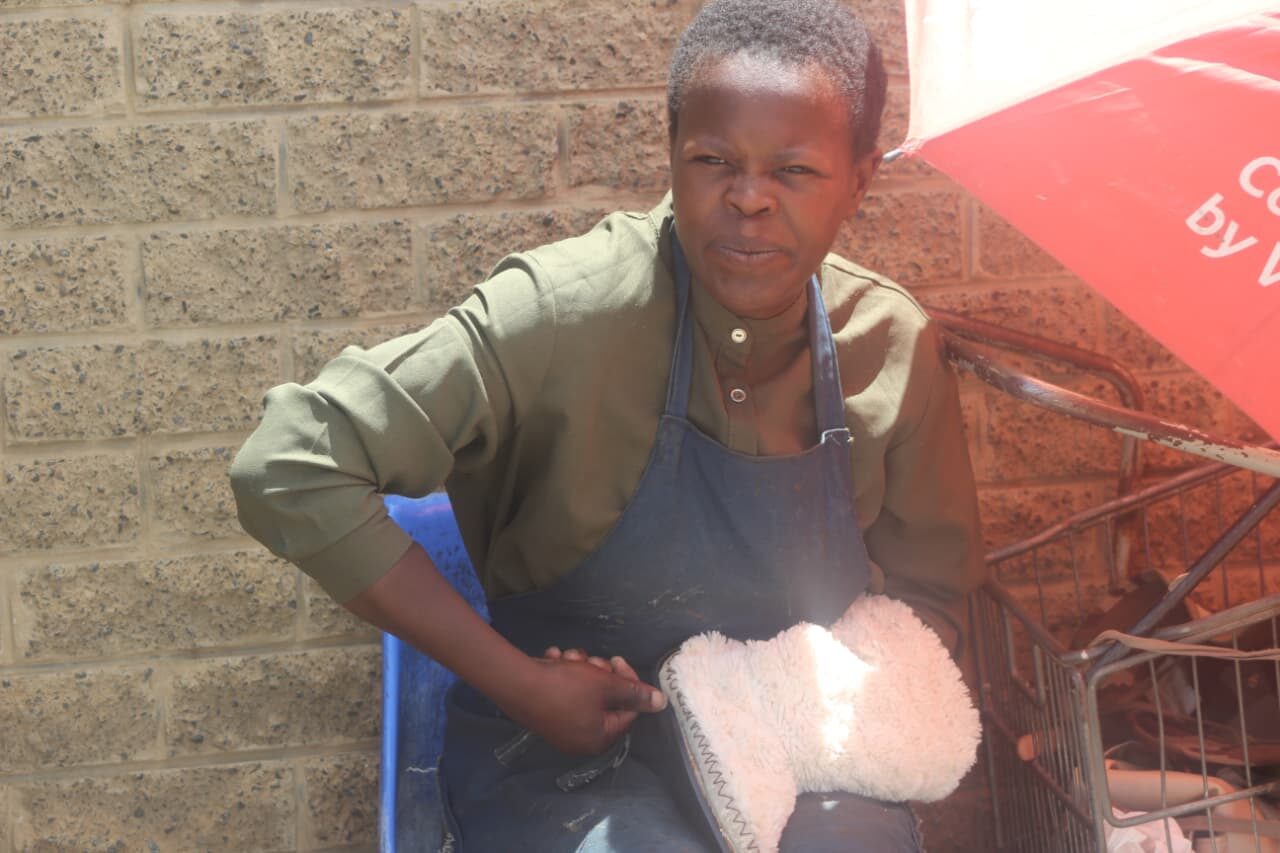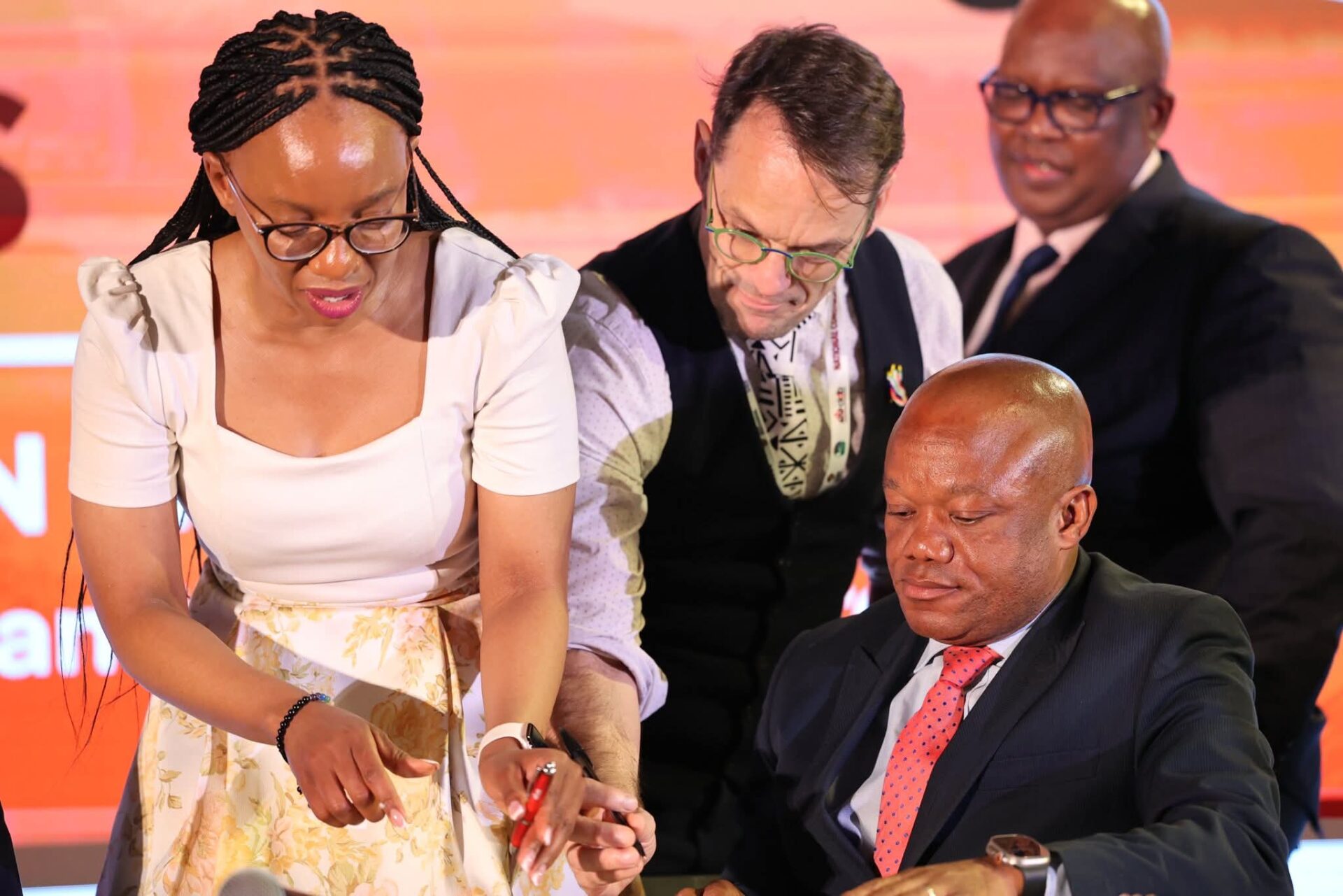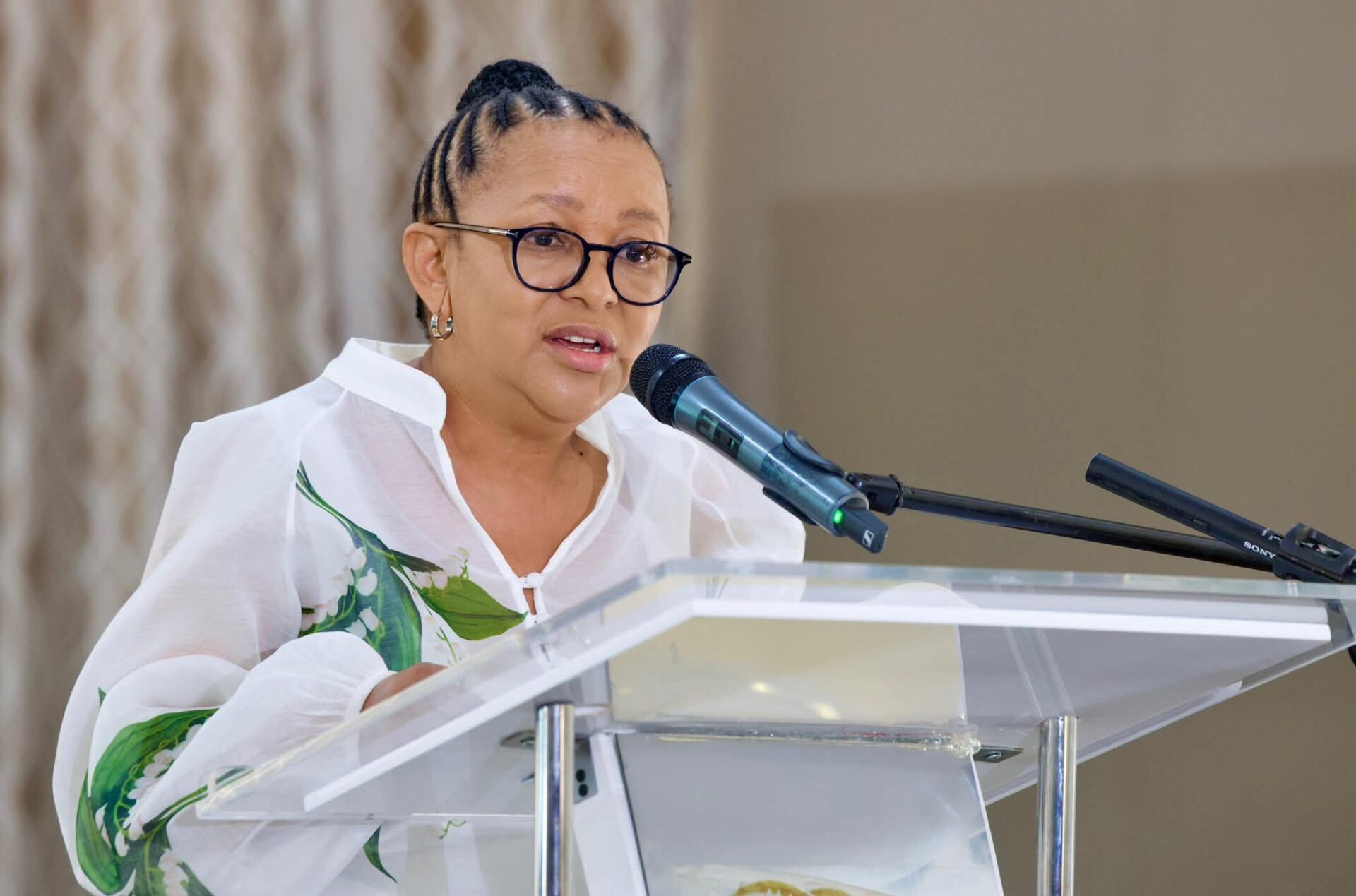By Teboho Moloi
QWAQWA – Qwaqwa Community Radio marked a new era on Friday as the Presidency unveiled fully digitised broadcast studios, symbolising government’s continued commitment to empowering rural voices and protecting community media across South Africa.
The Deputy Minister in the Presidency, Kenny Morolong, has urged South Africans to safeguard community media, describing it as the nation’s voice that ensures everyone’s right to speak and be heard. He was speaking during the official unveiling of fully digitised broadcast studios at Qwaqwa Community Radio on Friday, 3 October.
Morolong said government remains committed to supporting community media, recognising its vital and strategic role as a reflection of South Africa’s democratic progress. The new upgrades, funded through the Media Development and Diversity Agency (MDDA), form part of a national initiative to strengthen community media through infrastructure investment and technological advancement.
“Without community outlets like this one, those living outside urban centres would be left in an information vacuum, cut off from critical news and public dialogue, both locally and nationally,” Morolong said.
He added that platforms such as Qwaqwa Radio not only keep audiences informed but also strengthen local identity and deepen public participation in democracy.
The digitisation of the studios, he explained, will enhance production quality and enable the station to provide relevant, multilingual content while offering media students access to modern broadcasting facilities.
“As government, we must create an enabling environment through inclusive policies and financial support to ensure that every community radio station, especially in rural areas, has the infrastructure and resources it needs. The private sector must also play its part by investing in community media,” Morolong emphasised.
MDDA board member Xondile Khedama said the agency’s vision is gradually being realised, with their interventions having funded over 600 community media projects nationwide. He acknowledged that compliance remains a challenge for many community stations but noted that both the MDDA and government are developing systems to assist in this area.
Khedama further encouraged radio station managers to explore innovative ways to generate income to sustain their operations.
“We do not want to interfere in the operational space of community radio. While we support at a strategic level, responsibilities such as stipends for staff rest with the station boards,” he said.
Qwaqwa Community Radio board chairperson, George Saleman, expressed gratitude for the donation and pledged to safeguard the new equipment. He also appealed to local businesses to support the station through advertising to ensure its sustainability.
Acting Maluti-A-Phofung Mayor, Masetjhaba Lakaje Mosia, congratulated the station on the new facilities, commending its resilience over the years. This marks the third set of studios the station has received since its establishment in 2000.
A fire at the former studios in Mandela Park Shopping Centre once destroyed the station’s equipment, leading to its relocation to the current premises along Mampoi Road and Corner Mota. The station also operates satellite studios in Bethlehem, where additional broadcasting equipment is utilized.







